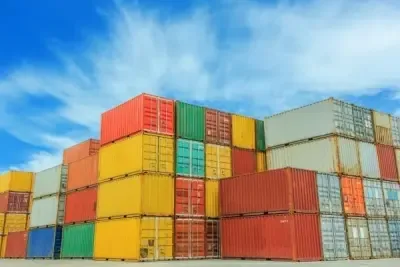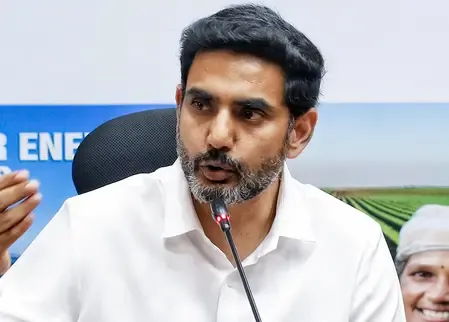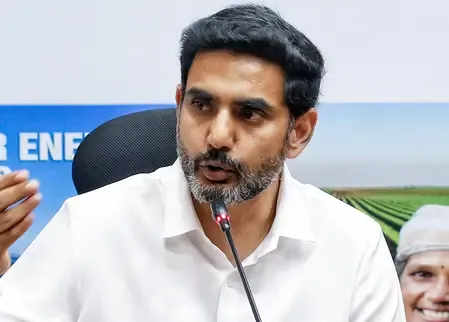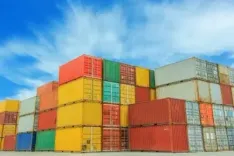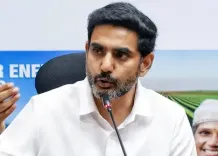How is Karti Chidambaram Supporting India's Response to Trump's Tariff Decisions?
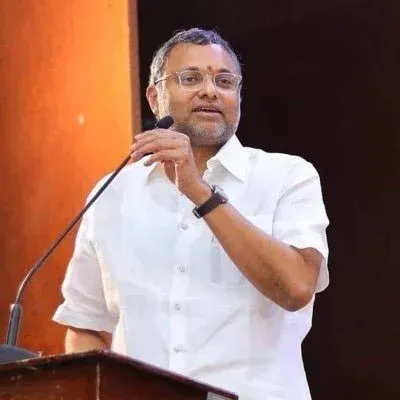
Synopsis
Key Takeaways
- Strong political support for India's response to US tariffs.
- The MEA's statement highlights India's economic imperatives.
- India's oil imports from Russia have increased significantly.
- Trump's tariffs have triggered debates on Indo-US economic relations.
- India's commitment to strategic autonomy remains steadfast.
New Delhi, Aug 5 (NationPress) Following the sweeping tariff declaration by US President Donald Trump aimed at Indian imports, New Delhi has mounted a strong defense of its economic and strategic choices, garnering support from various political factions.
Congress MP Karti Chidambaram, representing the Sivaganga Lok Sabha constituency in Tamil Nadu, was among the first to openly endorse the Union government's reaction.
In a pointed social media statement, Chidambaram dismissed Trump's threats as the remarks of “impulsive heads of state”, encouraging India to stay true to its national interests.
The controversy ignited after President Trump enacted an executive order titled “Further Modifying the Reciprocal Tariff Rates”, imposing a 25 percent duty on a broad range of Indian products.
Trump claimed this action was in retaliation for India's ongoing oil trade with Russia—an arrangement he argued was benefiting New Delhi at the expense of Ukraine's plight.
The Ministry of External Affairs (MEA) swiftly responded, issuing a statement that was both measured and unyielding.
It characterized Trump's accusations as “unjustified” and “unreasonable,” asserting that India's energy decisions are guided by economic realities and global market demands—rather than geopolitical loyalties.
The MEA emphasized that India's oil imports from Russia increased only after traditional suppliers in the Middle East redirected their exports to Europe due to the Ukraine conflict.
Rather than being opportunistic, this shift was a pragmatic response to global instability.
“India will take all necessary measures to protect its national interests and economic security,” stated the Ministry.
In a pointed retort, the MEA also highlighted what it termed “double standards” in Western policy.
It referenced data showing that the European Union imported a record 16.5 million tonnes of Russian LNG in 2024—significantly more than India's intake.
The US continues to procure essential commodities from Russia, including uranium and fertilizers.
India's oil imports from Russia have escalated from a mere 0.2 percent prior to the war to over 35 percent today, positioning Moscow as New Delhi's primary supplier.
Yet, as the MEA pointed out, this trend reflects market dynamics—not political allegiance.
Trump's tariff strike, coupled with his criticism of India's “obnoxious” trade barriers, has reignited discussions regarding the future of Indo-US economic relations.
However, India's stance remains clear: strategic autonomy is non-negotiable.


